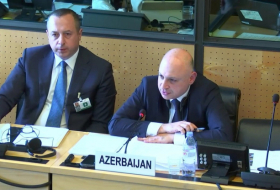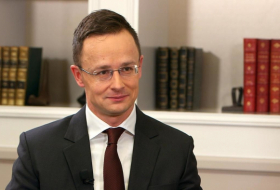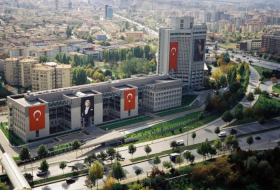In a study published in the Proceedings of the National Academy of Sciences, scientists led by Daniel Belsky, an assistant professor of medicine at the Duke University School of Medicine’s division of geriatrics, describe a panel of 18 measures tested in 20- and 30-year olds that showed how quickly they are aging. The markers proved to be a good indicator of physiological age; they mirrored the biological effects of aging found in older people. But they were also good markers of physical age, meaning that those who aged faster also looked older, according to unbiased assessments by random people looking at their photos.
Most studies on aging, and the factors that affect aging, come from investigations of older populations, says Belsky. And in most cases, the chronic diseases or physiological changes that come with aging are already well established in these groups. But it’s clear that aging doesn’t happen overnight; rather, it occurs gradually over a period of decades, much like water affects the shape of riverbanks or stones over time. It’s not obvious on a day-to-day basis, but can be dramatic if several years have passed.
In the study, 954 people born in 1972 or 1973 in Dunedin, New Zealand, agreed to participate in a study that followed them from age 26 to age 38. Each participant agreed to be tested on a range of 18 different factors that earlier studies have linked to aging, including blood pressure, lung function, cholesterol, body mass index, inflammation and the integrity of their DNA. Based on their scores on these measures, researchers calculated a biological age for each volunteer. They did this again when the people in the study were 32 and 38 years old, and combined them to calculate the pace at which each person was aging.
Some people were biologically older and aging faster than others, despite being the same chronological age. Not only that, but the researchers showed, by giving the 20- and 30-somethings the same tests of balance and thinking skills that gerontologists give for older adults, that these aging changes were the same as those occurring later in life.
Though some people really were biologically older than they are, the good news is that some were younger than their chronological age and aging more slowly than they should be. Comparing the slower and faster aging groups should reveal some hints about how to keep aging in check. And of the factors that influence aging, says Belsky, the vast majority, as much as 80%, aren’t genetic and therefore well within our control. (Even the 20% that’s DNA-based is modifiable to some extent.) “This is just the beginning,” he says. “The next step is to figure out what knowing this information helps us to do. One of the things it can help us do is identify the causes of accelerated aging so that we might slow it down. And the other thing it can help us do is evaluate therapies that slow down aging.”
Having a way to measure, relatively accurately, the pace at which people age provides a good way of tracking whether any anti-aging treatment works or not. Some of those keys to youth likely won’t be surprising; given the 18 factors that the scientists studied, they will probably involve habits like having a healthy diet that’s low in fat and salt, maintaining a healthy weight, reducing stress, having a strong immune system and getting regular exercise. Not smoking, or quitting smoking may also play a role. To find out, Belsky says he will continue to follow the study group and re-evaluate them again when they are 45. The researchers are charting the participants’ diet, exercise and other behaviors. “We can start to evaluate which behaviors are working to slow down aging,” he says, by seeing which changes slow down the pace of aging. “It’s a tremendous opportunity to begin to sort things out.”
TIME
More about: aging








-1523351935.jpg)







































